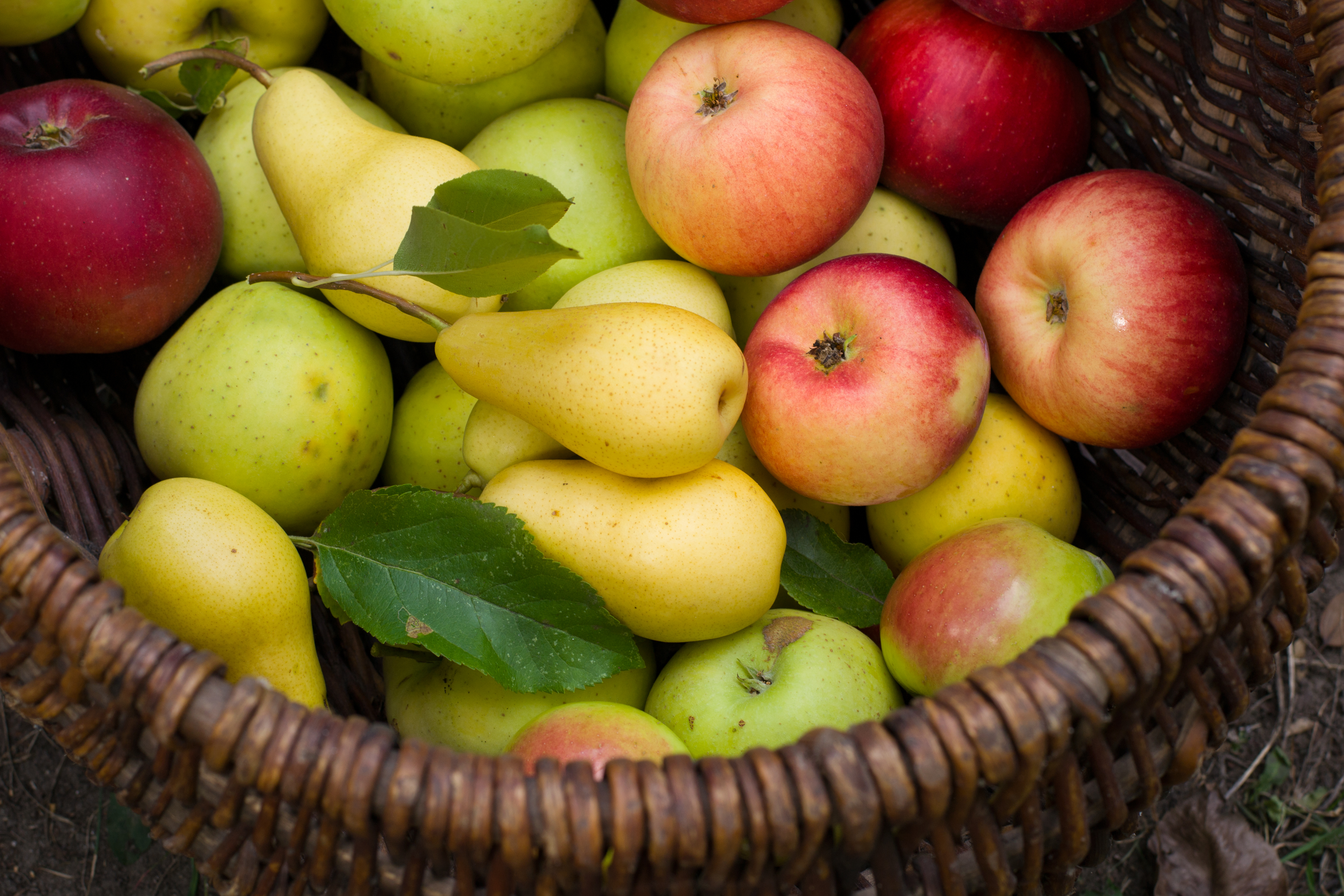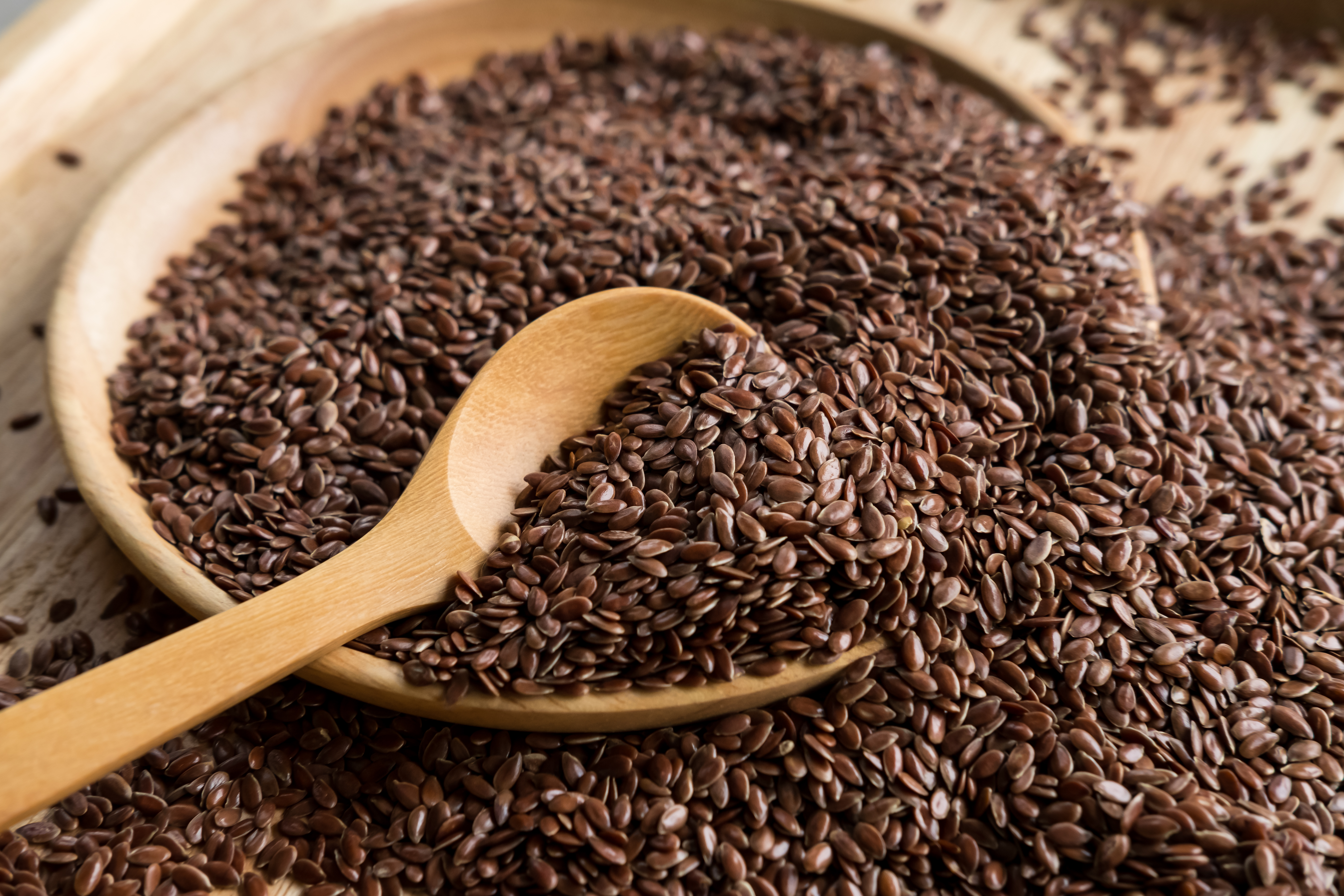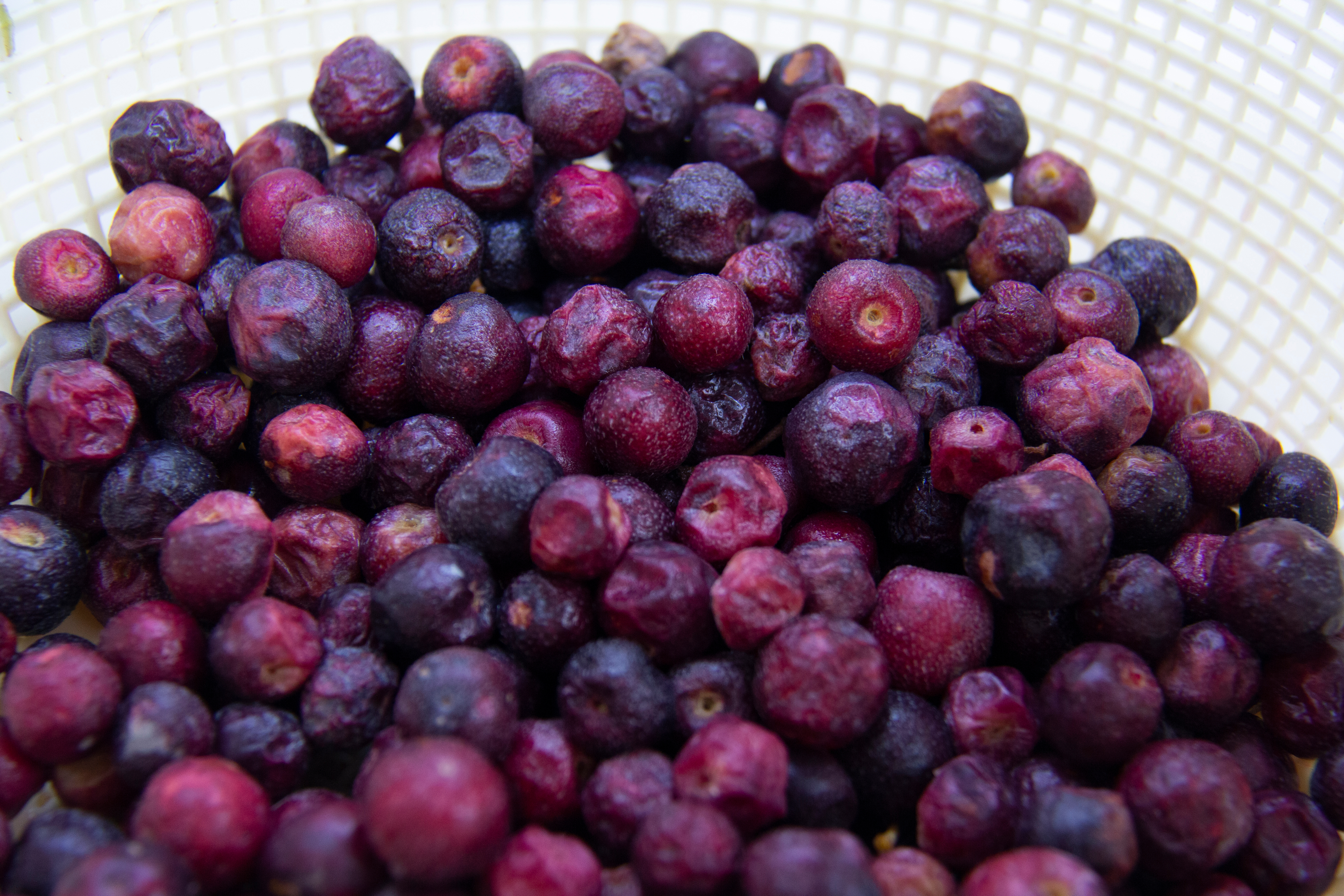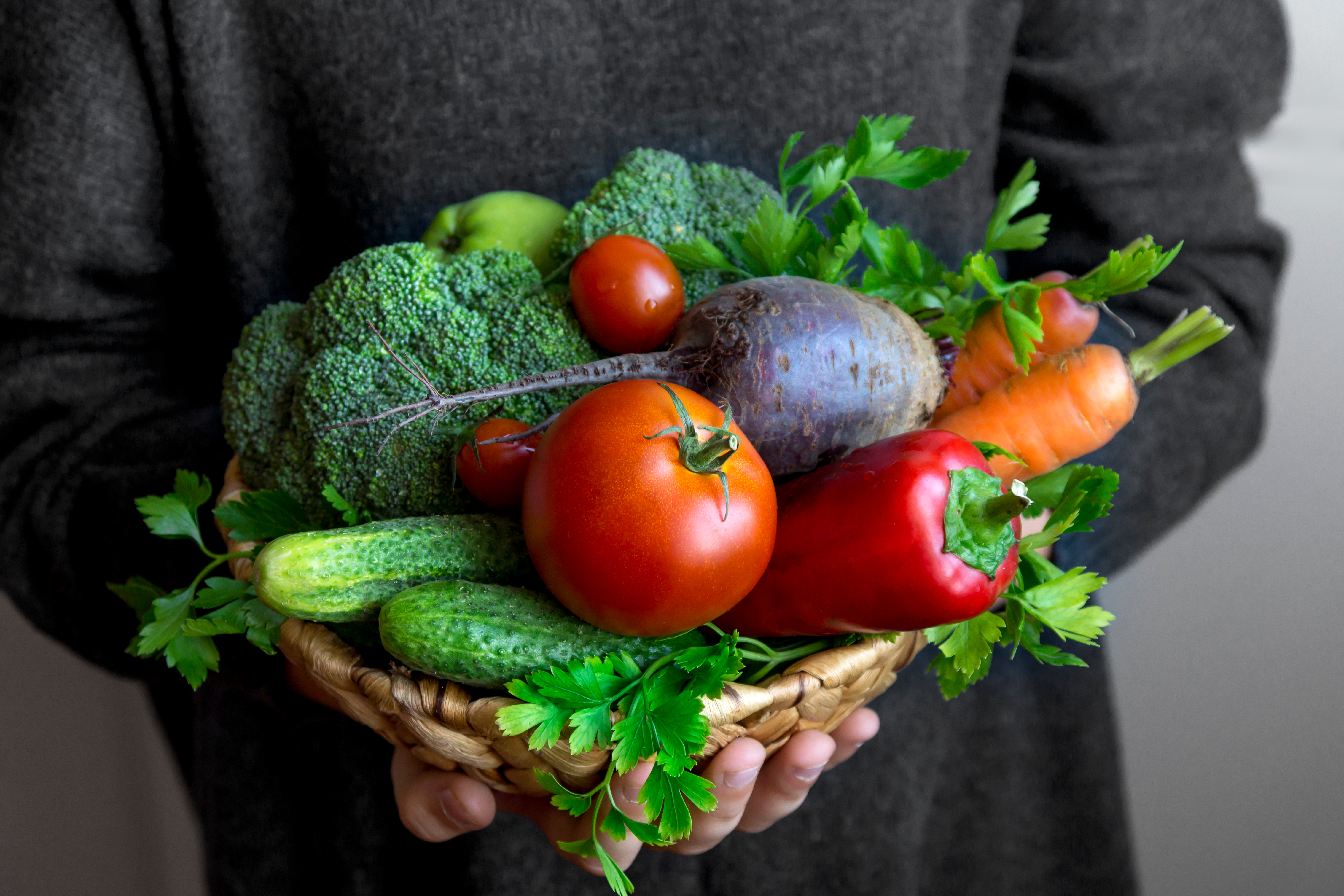Can your food really make a big impact in your cancer treatment? The simple answer would be ‘yes’. Certain foods do interfere with the growth and division of cancer cells, while certain other foods also help our immune system fight the cancer.
In no way can food become a replacement for cancer treatment, but it can aid the work of your medical team by ensuring that you recover faster.
Lung Cancer Fighting Foods
Let’s look at five foods that you should include in your diet and why.
-
Apples and Pears

Phloretin is a substance found in fruits like apples and pears. In recent studies, phloretin was found to cause programmed cell death in cancer cells of non-small cell lung cancer.
It’s best to consume these in raw form, after thoroughly washing them.
-
Green Tea
Green tea contains substances theaflavin and EGCG which were found to compound the effectiveness of cisplatin which is commonly used in chemotherapy for lung cancer. This can mean that green tea might help your chemotherapy.
Caution: Look for caffeine-free varieties of green tea as caffeine might keep you awake at a time when rest is most important to your body.
-
Flaxseeds

Studies show that flaxseeds slow down lung tumour growth in mice and also prevent the progression of disease to more advanced stages.
Flaxseeds are called alsi in Hindi and have been a part of Indian cuisine for a very long time. You can consume two spoons of these daily, or can use them in preparations like raita (curd) or khakra.
-
Ginger
You’ve probably heard that ginger helps reduce chemo-induced nausea. But it’s benefits go far beyond that. In a study based on mice, it was found that a compound called 6-shogaol prevents the speed of cancer to other organs. Ginger contains this compound and thereby helps in preventing the metastasis of cancer.
Ginger can be consumed through most Indian curries, particularly in the form of chutneys and in tea.
-
Berries

Berries have multiple benefits for lung cancer. Studies show that delphinidin (present in berries) prevents tumours from developing new blood vessels, thereby slowing down their growth.
Additionally, upto 15% of lung cancer patients develop blood clots. Delphinidin prevents this and improves the overall health and quality of life of the patient.
In India, berries like gooseberries (amla), star berries (harfarauri) and squash berries (phalsa) are easily available and inexpensive. Eat them raw for best results.
Foods to limit
-
Salt
Minimize your salt intake to less than 5 gms per day.
-
Meat
Reduce all meat consumption to less than 300 gm per week. Particularly avoid red meat.
-
Tobacco
Completely avoiding tobacco, both in smoke and chewable form, can make a difference to your cancer treatment.
-
Alcohol
Avoiding alcohol, particularly spirits in men and beers in women is highly recommended.
Beta Carotene and lung cancer
Beta Carotene is taken as a supplement by many as it converts to vitamin A, which is an important nutrient for our body. However, in smokers, beta carotene supplements increase the risk of lung cancer. It does not have the same effect in non-smokers or former smokers. Beta carotene supplements have the opposite effect for other cancers like prostate and non-melanoma skin cancers.
Micronutrients and lung cancer
Micronutrients refers to vitamins and minerals. They are essential for energy production, body growth and functioning. However, in smokers, micronutrients like zinc, iron and calcium, increase the risk of lung cancer. This is true in the case of dietary intake of these micronutrients as well as in the form of supplements. This only applies to current smokers.
So, what’s the best diet for a lung cancer patient then?

The best diet for a lung cancer patient is what has been referred to as a mediterreanean diet because it is consumed mostly in the countries of that region, like Greece and Italy. Let’s look at the key components of this diet and how it will help you.
-
Mostly vegetables
A mediterranean diet is heavy on vegetables of different colours. There is usually a generous salad with every meal and the vegetables are uncooked and fresh. This preserves their nutrition.
-
Herbs and nuts
The flavouring agents in most dishes are fresh, home-grown herbs like sage, thyme, rosemary and parsley. This reduced dependence on artificial and store bought flavours that might have unhealthy preservatives and chemicals.
Nuts are used in salads, breads, spreads and meat dishes, adding important nutritional value.
-
Healthy Fats
Fats like olive oil and from sea foods like mackerel, salmon and sardines are rich in omega-3 fatty acids.Omega-3 fatty acids reduce inflammation, reduce the risk of heart diseases and of blood clotting.
-
Beans and whole grains
Chickpeas, beans, oats and whole wheat are daily serving in mediterrenean diets. Most meals are largely plant-based with lesser amounts of poultry and dairy products. Red meats are rarely eaten.
Studies also show that apart from the actual ingredients that go into a mediterrenean meal, it is also the way in which it is prepared and consumed.
The vegetables and fruits are cooked sparingly to retain their original flavours, colours and nutrients.
The meals are eaten in a more leisurely manner, usually with other members of the family or with friends. Therefore, apart from providing nutrition, meal times also provide relaxation and enjoyment, which improves both mental and physical health.

